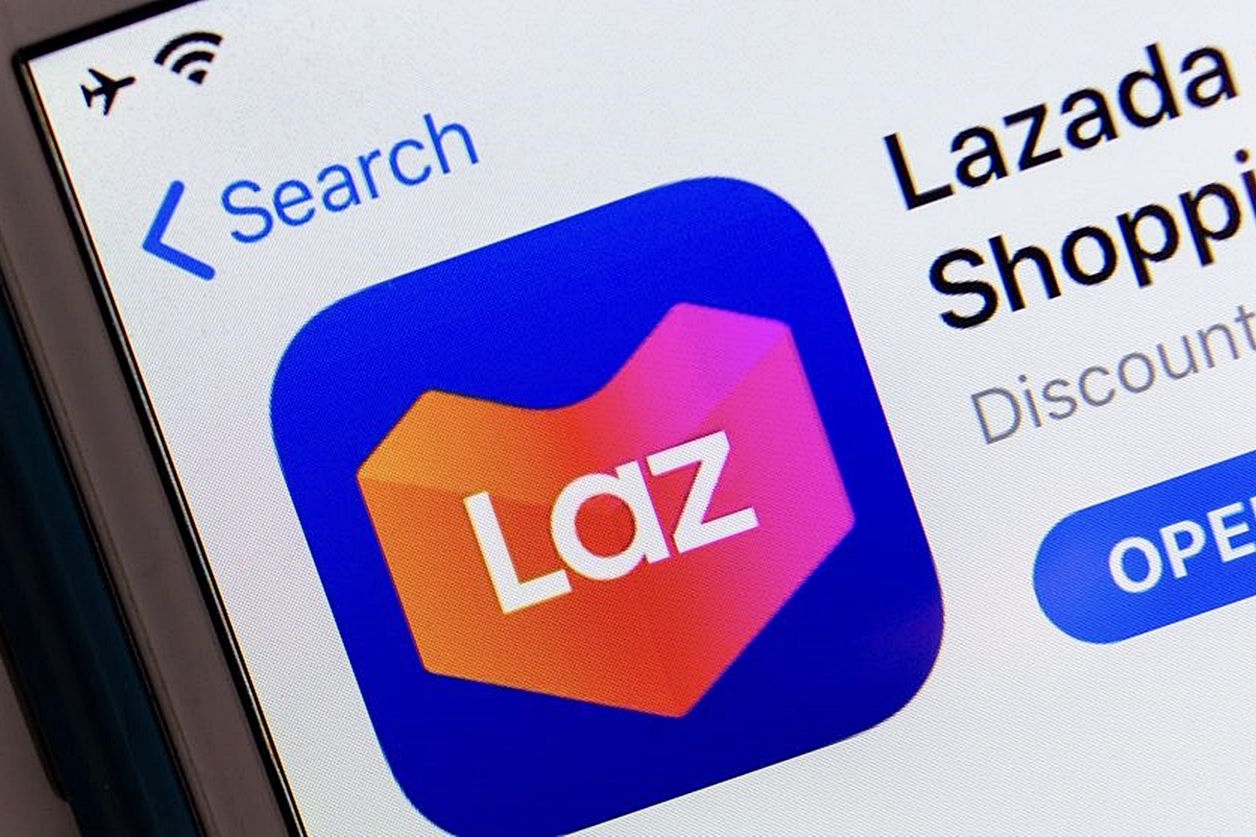
The popularity of games among Gen Z is now being exploited by cybercriminals as a loophole to infiltrate malware. The latest data from Kaspersky shows that between April 2024 and March 2025, there were more than 19 million attempts to spread malicious files disguised as popular games such as GTA, Minecraft, and Call of Duty. This figure shows that the digital gaming trend is not immune to cyber threats.
Kaspersky explained that cyber attackers exploit the habits of young gamers who often look for mods, cracked versions, or additional files from unofficial sources. In the report, more than 400 thousand users became victims, mostly because they were tempted by fake links claiming to offer early access or exclusive skins.
According to Gizmologi, The increase in these cases is a serious concern, especially ahead of the release of major games such as GTA VI in 2026. The high anticipation for this game has the potential to be exploited by perpetrators to spread fake installers or beta invitations containing malware.
GTA, Minecraft, and Call of Duty Are the Main Targets

GTA is the most exploited game in attacks, with over 4,4 million instances. Although GTA V was released over a decade ago, the enthusiasm of the modding community and open-world enthusiasts makes it an attractive target. Minecraft follows with over 4,1 million attacks, driven by its large mod ecosystem and active player community across multiple platforms.
Call of Duty has seen over 2,6 million attacks, especially around the launch of competitive titles like Modern Warfare III. Many players are looking for cheats or unofficial patches to enhance their gaming experience, unknowingly opening up a loophole for malware that masquerades as game files.
Other games such as The Sims, Roblox, FIFA, and Genshin Impact are also on the list. The large number of targeted titles shows that cybercriminals are targeting a variety of game genres, not just action or competitive games. The perpetrators are attacking where users’ interests are highest and their curiosity is exploited.
Malware Disguised as a Game
This cyber attack mode generally uses fake installer files that contain malware, trojans, or automatic download programs. Some of them are capable of stealing passwords, recording user activity, and providing remote access to the perpetrator. The end goal can vary, from stealing accounts to spreading ransomware.
The proceeds of this theft are usually sold on closed forums or even on Telegram channels. Kaspersky found hundreds of illegal digital stores offering access to premium accounts, rare skins, or exclusive in-game items. Access to these stolen goods is now more open and accessible, making the digital black market even more thriving.
The increasing demand for stolen accounts has made this threat more common and less of an incidental one. Users who are careless when downloading or sharing login data can become victims, with consequences that are not only financially devastating, but also disruptive to the gaming experience.
“Case 404” As An Educational Game for Cyber Threat Detection
In response to this threat, Kaspersky launched an interactive game called “Case 404”. This game is designed to teach Gen Z to recognize cyber threat scenarios such as phishing, account access fraud, and malware infiltration. The format is a digital adventure that simulates real incidents.
Through “Case 404”, players not only play but also learn how to protect their digital identity. Those who complete the game will get a discount on Kaspersky Premium products as a security solution designed to protect devices from various digital attacks.
This educational step reflects a new approach to delivering digital literacy to a generation that has grown up with technology. Instead of long lectures, Kaspersky presents learning through experiences that are familiar and fun for gamers.
To stay safe while playing, Kaspersky recommends a few basic steps: use unique passwords, enable 2FA, download games only from official sources, and don’t be tempted by free offers that are too good to be true. Users are also advised to avoid sharing accounts, double-check site links, and use security solutions such as Kaspersky Premium and VPNs.
The threat to young gamers is increasingly real and growing rapidly. Gen Z, as the most active generation in the digital world, needs to be more vigilant and smart in keeping their data safe. With the right education and adequate protection tools, they can continue to enjoy their hobby of playing games without having to sacrifice privacy and security.




























